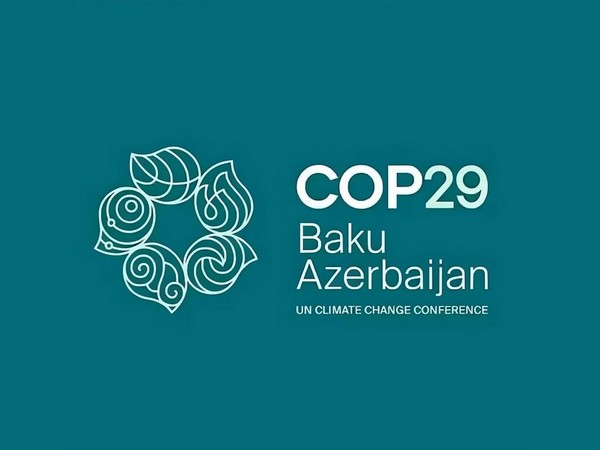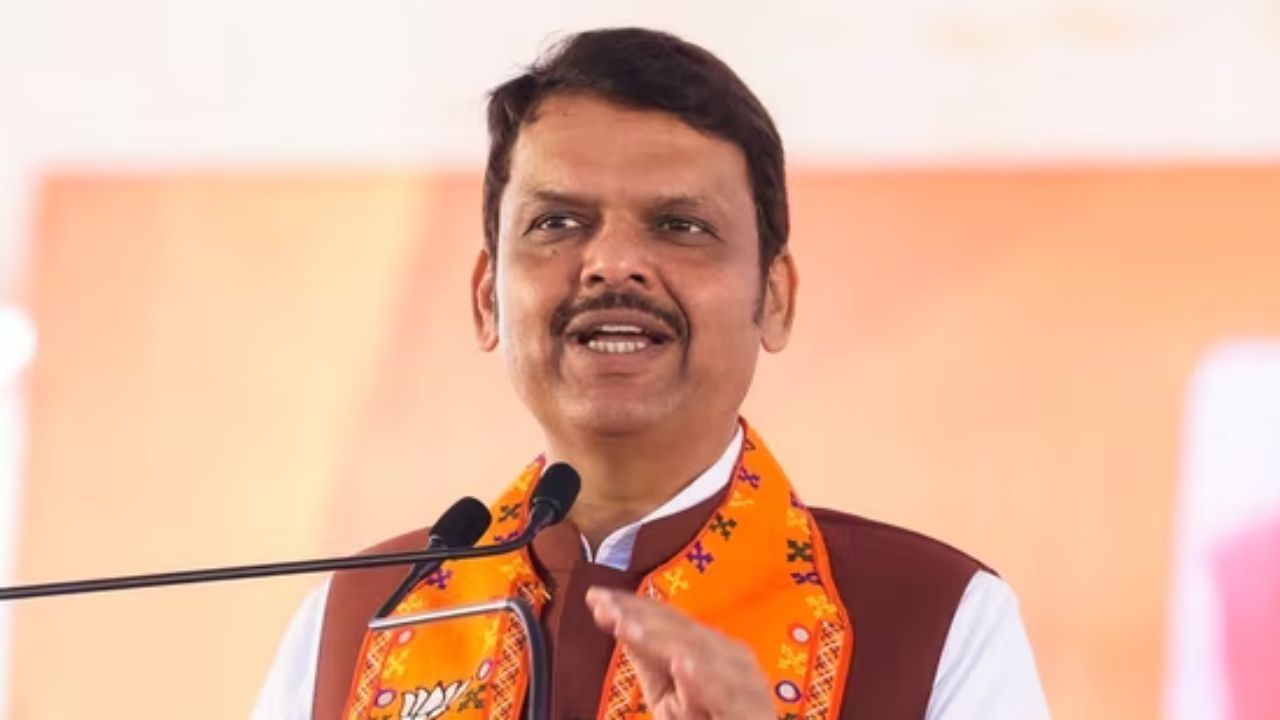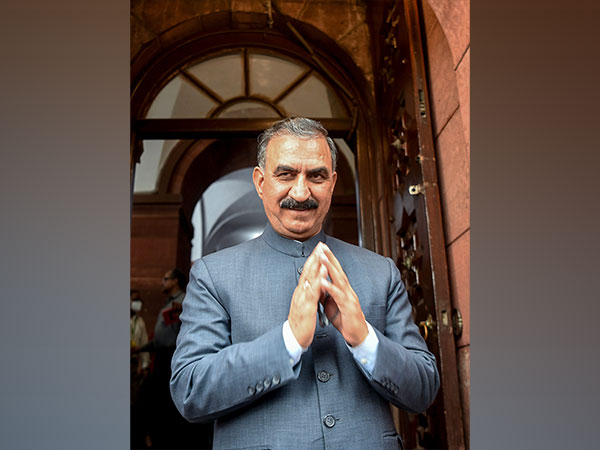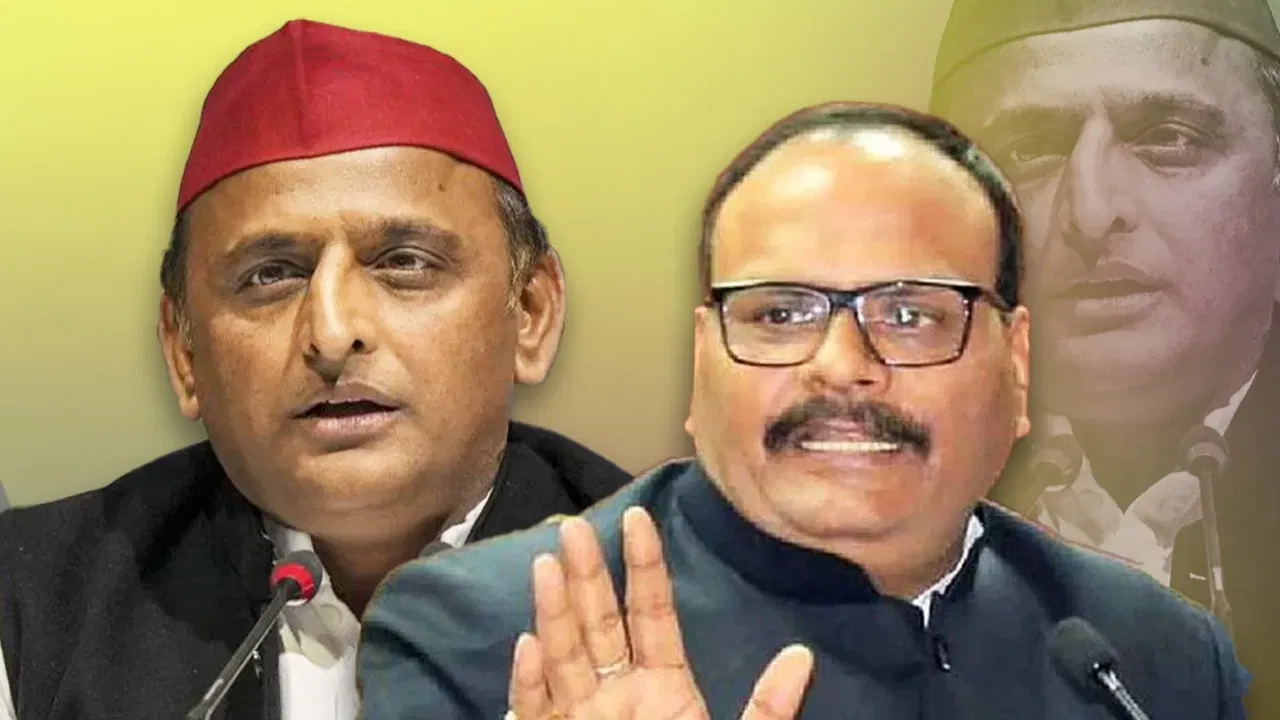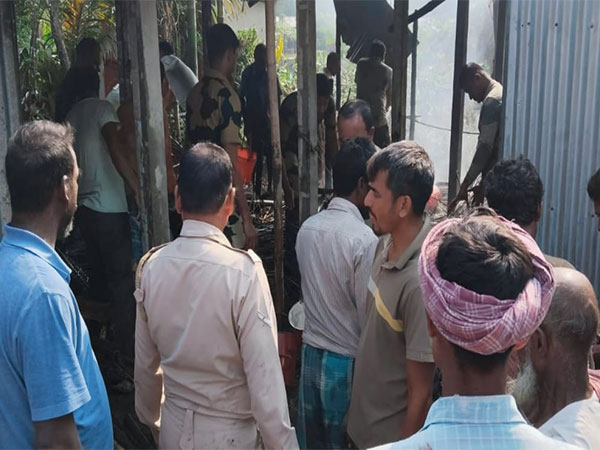Desk |
Updated: Nov 18, 2024 20:27 IST
New Delhi [India], November 18 (Desk) India made a decisive call for barrier-free technology transfer and equitable climate finance at CoP29, emphasizing the urgent need for global cooperation and trust to drive effective climate action.
At the 2024 Annual High-level Ministerial Roundtable on pre-2030 Climate Change Mitigation, held during CoP29 in Baku, India made an intervention emphasizing key areas crucial to advancing global climate action.
Represented by Leena Nandan, Secretary of the Ministry of Environment, Forest and Climate Change (MoEFCC) and Deputy Leader of the Indian delegation, India underscored four significant aspects vital for effective climate response.
Nandan emphasized four key areas: unrestricted technology transfer, equitable climate finance, enhanced international cooperation, and building mutual trust to drive effective climate responses.
Pointing to the 2024 Nationally Determined Contributions (NDCs) Synthesis Report, Nandan noted that 86 per cent of the remaining carbon budget for limiting global warming would be consumed between 2020 and 2030. “Our discussions and deliberations are happening at a crucial time to act decisively. The Pre-2030 period is an opportunity. It is an opportunity to enhance global climate action,” she stated.
First, India stressed the need for unrestricted transfer of green technology to developing countries. “New technologies and solutions are needed for the low-carbon transition, but barriers such as Intellectual Property Rights (IPR) restrictions hinder the scaling up of these innovations. CoP29 must deliver tangible outcomes that facilitate technology deployment without IPR restrictions,” Nandan urged.
Second, the Indian delegation called for developed nations to meet their long-pending financial commitments, emphasizing that significant funding gaps remain. “Climate finance must be public, equitable, and accessible to enable developing countries to meet their climate action targets without bearing undue costs,” said Nandan, stressing that failure to provide this finance burdens developing nations disproportionately affected by climate change.
India also pointed out that true pre-2030 ambition requires not only cooperation but effective and measurable outcomes. The statement underscored the need for collective action and warned against the negative impacts of unilateral trade measures that shift financial burdens onto developing nations.
Finally, mutual trust was highlighted as a cornerstone for effective global collaboration. India called on developed countries to build confidence and ensure the success of CoP29 by fostering trust. Nandan added, “This CoP is a chance for developed nations to prove their commitment and set a foundation for peaking emissions by 2030.” (Desk)

